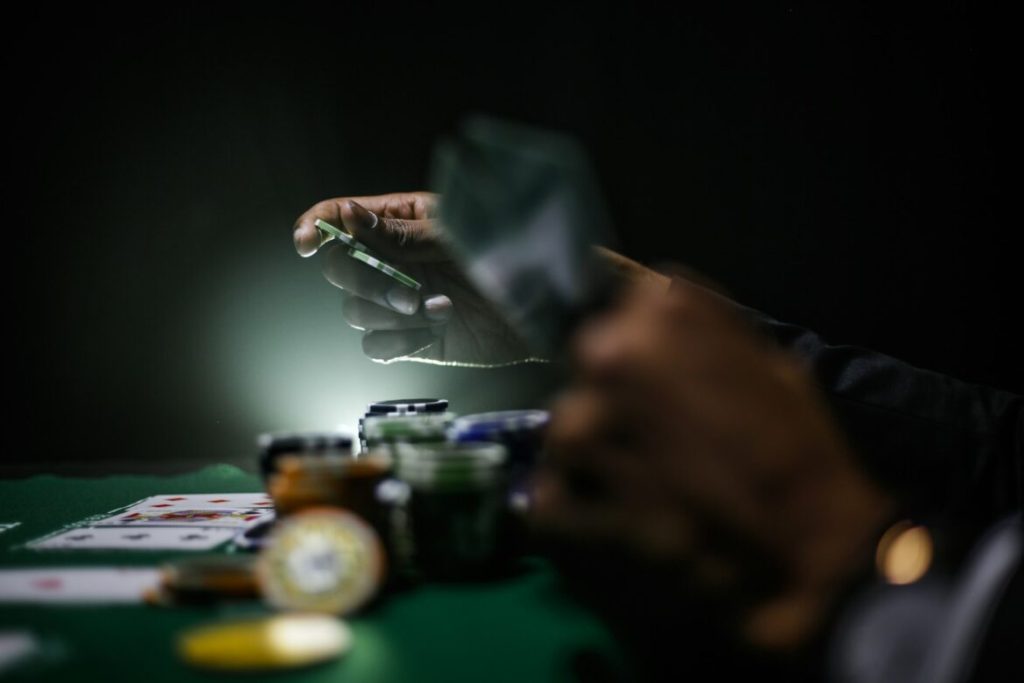


In the ever-evolving landscape of gambling, responsible play has become more and more prevalent around the globe. Recognizing the importance of a balanced life full of different activities, various countries around the world have implemented self-exclusion programmes as a proactive measure to help individuals balance their gambling habits with other fulfilling forms of entertainment. In this article, we will explore some of the prominent gambling self-exclusion programmes worldwide and dive into the mechanisms that make them work.
The United Kingdom has taken a pioneering step in addressing issues relating to gambling with the introduction of Gamstop. Launched in 2018, Gamstop is a national self-exclusion programme that allows individuals to restrict their access to online gambling platforms. The process is straightforward – users register and provide necessary personal details, and select the duration of their self-exclusion period, which can range from six months to five years.
Once registered, Gamstop collaborates with participating online gambling operators to prevent users from accessing their platforms during the chosen exclusion period. While Gamstop is a commendable initiative, it is important to note that it does not cover non-UK-based gambling websites. Non-Gamstop casino sites are not regulated by the Gambling Commission. This means you won’t benefit from Gambling Commission protections, such as segregated client funds. That being said, some non-Gamstop casinos still offer a safe and secure gambling experience. This is especially the case when the casino is regulated by an alternative licensing body with an established reputation (source: https://www.techopedia.com/gambling/casinos-not-on-gamstop-uk). Efforts are underway to expand Gamstop’s reach internationally, ensuring a more comprehensive approach to ensuring all gamers lead a healthy and balanced lifestyle.
Sweden, with its progressive stance on social issues, has implemented Spelpaus to address problems with gambling within its borders. Launched in 2019, Spelpaus allows individuals to self-exclude from all licensed online casinos and betting sites in the country. The duration of self-exclusion ranges from one month to an indefinite period, offering flexibility to users.
Spelpaus has a central database that licensed operators must integrate into their systems. When a user initiates self-exclusion, the database is updated, preventing them from accessing any participating gambling platforms. This comprehensive approach ensures that individuals seeking help balancing their lifestyle are not merely redirected to alternative gambling sites online, although there are still options like crypto platforms available.
In Australia, a place where betting is a big part of cultural traditions, the government has set up the BetStop National Self-Exclusion Register. This is their strategy to address the growing problem of gambling nationwide. Established in 2023, the programme is gaining popularity and allows individuals to self-exclude from online gambling sites across the country.
To participate, individuals register with BetStop National Self-Exclusion Register, providing necessary information and selecting their desired exclusion period. The register is then shared with licensed operators, ensuring a coordinated effort to uphold the self-exclusion agreements. The success of this program lies in its collaboration with various stakeholders, including gambling operators, regulators, and mental health professionals to support a healthy and balanced lifestyle for gamers living in Australia.
Singapore, renowned for its vibrant entertainment scene, has implemented a robust self-exclusion programme specifically targeting its two most popular integrated resorts, as well as jackpot machine rooms at private clubs, and Singapore Pools online betting. People in Singapore can choose to ban themselves from casinos, jackpot rooms, and online gambling platforms. This ban can be from one year to five years maximum.
The Casino Regulatory Authority of Singapore oversees the programme, ensuring its effectiveness. Once enrolled, individuals are prohibited from entering the designated casino areas. The initiative also involves outreach programmes and counseling services to support individuals in their journey to achieve a healthy and balanced lifestyle including a variety of different activities.
In the United States, where gambling regulations vary by state, individuals can complete a voluntary self-exclusion application for the state in which they live or a place that they visit often. One application will remove the individual from all house-banked cardrooms statewide, however, tribal casinos can either opt in or opt out of this program. The self-exclusion programme rolled out in America in 2022. Registered individuals get a notice 45 days before this self-imposed restriction ends, so they have ample time to consider re-signing up if needed, or not.
Along with the voluntary self-exclusion programme, the country also offers a State Problem Gambling Programme with a low barrier to entry to support gamers in leading healthy balanced lifestyles and enjoying all sorts of different activities.
Gambling self-exclusion programmes represent an important step towards creating a safer and more responsible gambling environment globally. These initiatives empower individuals to take control of their habits and seek help if and when needed. While each programme has its unique features, the common thread is the collaboration between governments, regulatory bodies, and gambling operators.
As the gambling landscape continues to evolve, it is imperative for nations to learn from one another, adopting and adapting successful strategies to create a comprehensive framework for responsible gaming all around the globe.